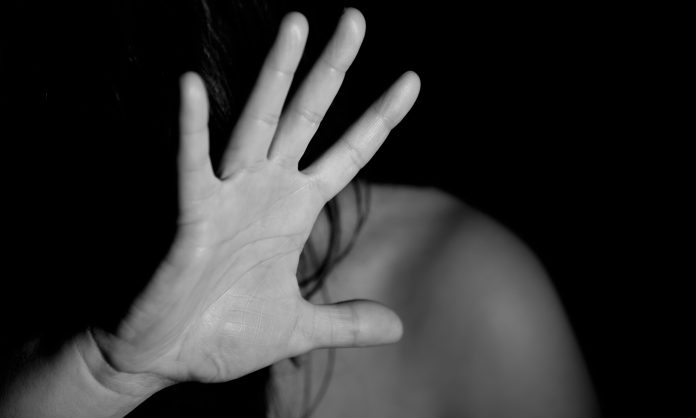Almost 15 percent of domestic violence victims in Sydney reside within the North Sydney Council catchment area, a study from the NSW Bureau of Crime and Statistics revealed.
Often described as the ‘north snore’, statistics show that Sydney’s northern suburbs hide a dark secret beneath their sleepy exterior.
“Domestic violence doesn’t discriminate by postcode, women are still being turned away from refuges in this area everyday,” said Ms. Emma Rossi, board member and volunteer of Mary’s House women’s refuge.
Mary’s House opened on 1 November 2016 as a local response to concerning figures.
One of only three refuges situated in Sydney’s northern suburbs, its mission is simple: to provide crisis accommodation and support for women and their children fleeing violent relationships.
The refuge can accommodate 19 women and children and additionally offers specialised case management programs and post-stay support.
Members of the Jesuit Parish of Our Lady of the Way in North Sydney founded Mary’s House, but it is a non-denominational initiative, accepting women and their children irrespective of their religious affiliations.
“It has grown far beyond being a Catholic Church initiative, we have a lot of support from the Jewish community, the Muslim community and people of no faith, it’s really something that has touched people from all walks of life,” said Ms. Rossi.
Run by professional staff and trained volunteers, the refuge has been described as a ‘local solution to a national problem.’
Such solutions do not come without a cost.
The property underwent $400,000 worth of renovations to make it a suitable safe space, including the installation of a new kitchen, playground, bathrooms, bedrooms, and CCTV security systems.
As a non-government funded initiative, Mary’s House relies heavily on crowd funding and donations from large supporters, significantly the Mater Private Hospital.
“Crowd sourcing raised just over $100,000 but you can’t do crowd funding every year, a lot is done through establishing relationships… at the moment it [domestic violence] is still met with a fair bit of tension but it doesn’t mean in a few years time it won’t be the key thing that everybody is talking about,” said Ms. Rossi.
The troubles of Sydney’s north shore mirror a nationwide trend, with 1 in 2 women in need being turned away from safe housing every day.
Professor Kellie Toole of the University of Adelaide’s Law School attributes this to personal and larger financial obstacles.
“There are multiple barriers to accessing help – shame, lack of confidence, desire to maintain the relationship, limited police resources, limited places to go…fear of retribution and financial dependence.”
In 2016, 80 women in Australia reportedly died as a result of a violent relationship, averaging up to 2 women per week. Police anticipate that annually a further 300,000 domestic violence related calls go unreported in NSW alone.
Professor Toole acknowledges that men and same sex couples also are subject to domestic violence, but “only men are killing women at the rate of over 1 per week.”
Despite these statistics, domestic violence is still not a topic of significant national dialogue.
“As a nation overall, I think we are still socially wedded to the traditional idea of family and marriage as safe harbour for women and children,” said Professor Toole.
It is this mentality that Ms. Robyn Stowe of Relationships Australia NSW and the Northern Beaches Domestic Violence Network hopes will change.
“There are still people that don’t believe that domestic violence and child abuse happens. Unfortunately it’s huge, but a lot of it is hidden behind closed doors and a lot of women can’t leave, they have limited choices for reasons we might not understand,” said Ms. Stowe.
Working with White Ribbon Australia, Ms. Stowe is organising the annual Northern Beaches White Ribbon Walk.
Following the success of last year, the walk will take place on Wednesday 29 November, beginning at Queenscliff Surf Club and finishing at The Corso, Manly.
Ms. Stowe encourages participation from all members of the local and wider community, especially recognising the significance of a large male presence.
“We would love to see a lot of men down there, it’s important to see their support of issues like this…but it takes an entire community to make major changes. Information or knowledge is passed on and on and on, and that’s how concrete changes happen.”
As an awareness raising initiative, the Northern Beaches White Ribbon Walk will follow the education oriented White Ribbon Breakfast.
The breakfast will be held in the International College of Management, Manly, Friday 24 November.
Support is available for anyone experiencing violence or distress by calling:
1800 RESPECT: 1800 737 732
Kids Helpline: 1800 551 800
Men’s Referral Service: 1300 766 491
Lifeline Australia: 13 11 14


